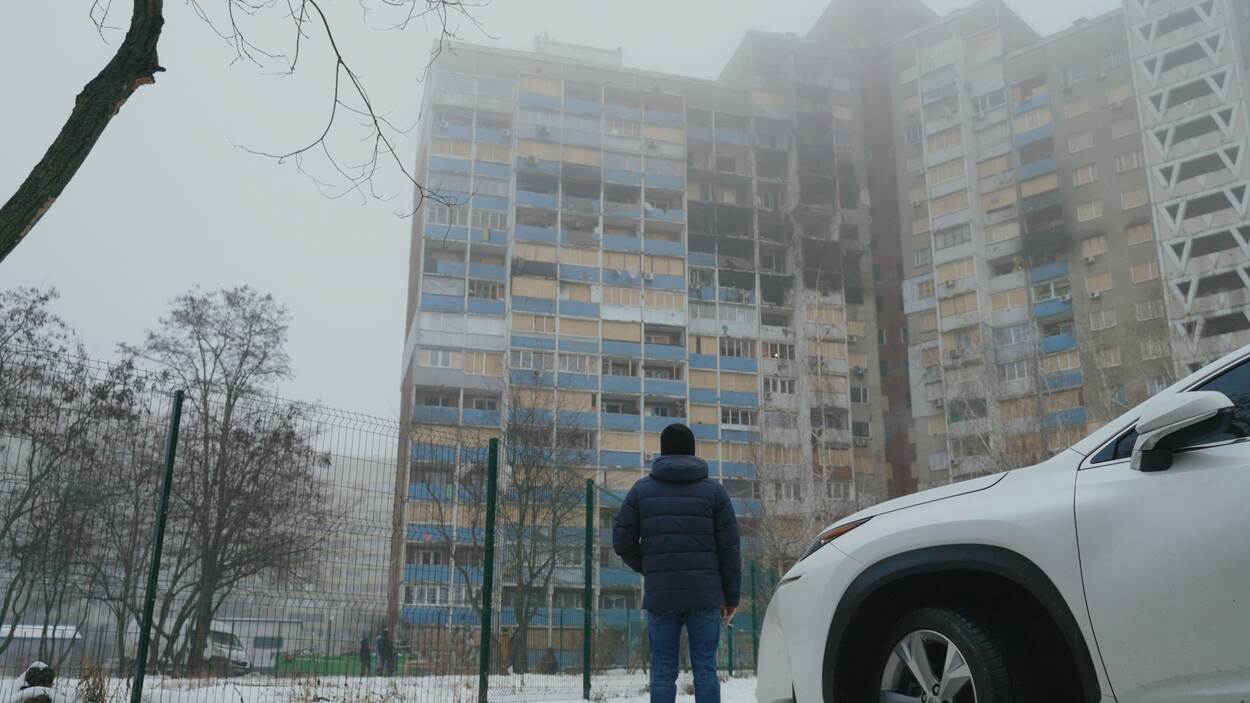Government working to boost resilience to military and hybrid threats
The international security situation has deteriorated rapidly in recent years. The Netherlands is already the target of hybrid attacks, such as cyber operations, espionage and sabotage. And as a result of Russia’s large-scale, ruthless war of aggression against Ukraine, the unthinkable has once again become possible: the Netherlands could become directly involved in a large-scale armed conflict. Such a conflict would not need to take place in the Netherlands itself: if the Netherlands were to be involved in it, or if it occurred somewhere nearby, our country could be a target. We live in uncertain times, and we need to prepare accordingly.
With this in mind, the government has examined what we need in order to be resilient to military and hybrid threats. Although we already have a solid foundation for boosting resilience, the threat demands that we take further steps. What’s more, a resilient society is not only beneficial in a conflict situation; it also helps us withstand other types of crises, such as large-scale floods, a pandemic or the prolonged disruption of critical processes. Today the government sent the House of Representatives a letter that constitutes a major first step in this area, clearly explaining what further action needs to be taken (‘the resilience task’).
Public resilience and military readiness
When it comes to boosting resilience, our task involves both public resilience and military readiness.
In concrete terms public resilience requires:
- the protection of critical and other important processes in society;
- a prepared and adaptable society;
- the preservation of our democracy, the rule of law and government;
- a resilient economy.
In addition, military readiness is about:
- protecting and defending Dutch territory and that of our allies;
- safeguarding civil support to the armed forces in carrying out their military duties.
Government-wide involvement
Responsibility for coordinating a government-wide effort and a whole-of-society approach lies with the Minister of Justice and Security and the National Coordinator for Counterterrorism and Security, and with the Ministry of Defence. At the same time, all government ministries are involved in some way, on the basis of their own policy area, whether it is healthcare, transport and logistics, crisis management, food, energy, IT, communications, migration, economic affairs, the labour market or the democratic legal order.
Everyone has a part to play
Safeguarding security is one of the government’s core tasks. The government does its utmost to protect all groups in society. However, security can never be guaranteed 100%. Members of the public have a role to play in developing their own resilience.
A robust, resilient society is capable of absorbing shocks – whatever form they may take. It is a society in which the government, public and private partners, civil society organisations, knowledge institutions and ordinary people are as well prepared as possible for social disruption and are able to withstand it, absorb its impact and recover from it. The letter being sent to the House of Representatives today is intended to initiate a close partnership and dialogue with society for the purpose of shaping the approach for the entire country.
NCTV survey: people are concerned
The autumn edition of the NCTV’s risk and crisis barometer, which was published today, shows that people in the Netherlands are increasingly concerned about geopolitical and military threats and their impact on the Netherlands. Over 4 out of 10 people surveyed (42%) expressed concern. In addition, there is a clear increase in the percentage of people who are worried about the failure of critical processes – a possible effect of a military or hybrid threat. Members of the public also rate the likelihood of such events as much greater than before the outbreak of the war in Ukraine. Up until the spring of 2021 this figure was around 22%. By 2024 it had risen to 60%. At the same time, three-quarters of the Dutch population (75%) stated that they had not taken any action to be better prepared for the effects of risks and threats.
Further steps
In the months ahead, the various ministries, working with regional and local authorities and civil society partners, will draw up specific plans aimed at boosting societal resilience. The central question is: what can everyone do to help boost resilience in the Netherlands? For the government, this task involves communicating about the threats and what we are doing in response, and how those threats could impact on our way of life. In 2025 the government will send a follow-up letter to the House setting out its initial policy plans for boosting resilience. Next year the government will also launch a national campaign to raise public awareness about the importance of resilience and what people themselves can do to be prepared for crises and threats.
Originally published at https://www.government.nl/latest/news/2024/12/17/government-working-to-boost-resilience-to-military-and-hybrid-threats



